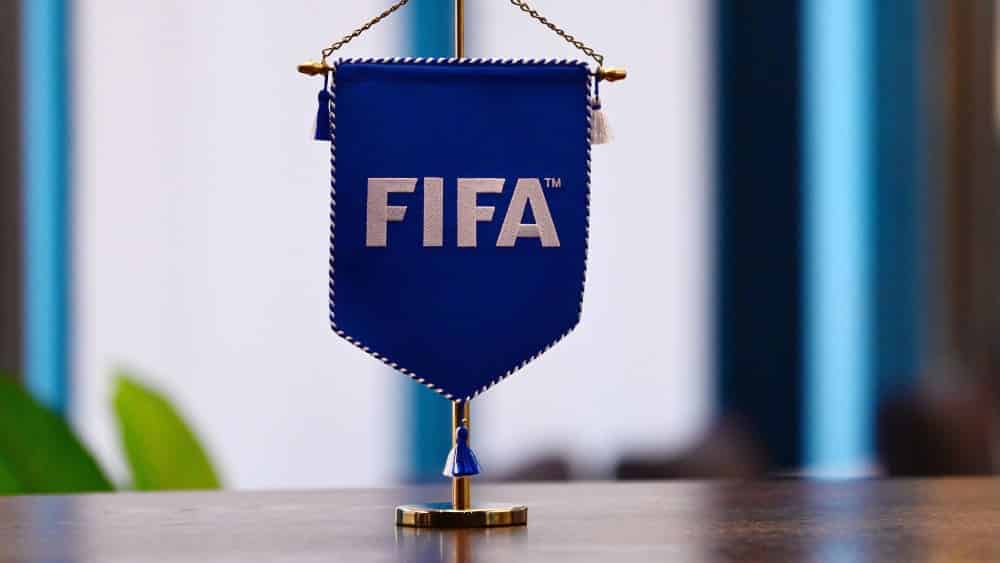At €443.9 million, spending on player agents in 2021 remained largely the same compared to €440.9 million in 2020, while transfer spending fell again by 13.9 per cent. Water on the mills of FIFA, which is in the process of establishing stricter rules for the consultancy scene.
According to Emilio Garcia Silvero, they are in the final phase. “The FIFA Council will approve the changes next month,” the FIFA legal director told a media panel in which the world governing body’s intermediary experts, Luis Villas-Boas Pires (Head of Agents) and James Kitching (Director of Football Regulations), gave assessments of the current statistics. “This project is not against agents, it is about more transparency and professionalism in the system,” Garcia Silvero said. “The proposed limit on commissions are the only aspect where some agents disagree with our proposals.” He said the EU had recently given the green light and German courts also rejected two applications for interim injunctions for lack of urgency. In particular, the Swiss association “The Football Forum”, whose board includes industry giants such as Mino Raiola, Jorge Mendes, Jonathan Barnett and Roger Wittmann, is campaigning against the planned reform of FIFA.
Spending slightly higher than last year
The latest survey vindicates its approach, indeed calls on it to regulate an unleashed industry more tightly. After reaching an all-time high of 580.3 million in 2019, spending in 2020 had dropped precipitously to 440.9 million due to the pandemic, and is now marginally higher at 443.9 million. And this despite the fact that transfer fees fell for the second time in a row, this time by 13.9 per cent after as much as 23.4 per cent in 2020. This means that while the pandemic apparently continues to have a strong regulatory influence on the transfer market, consultancy fees are consolidating. Proportionally, therefore, agents’ commissions have actually increased. Villas-Boas’ statement on abusive practices, which FIFA wants to curb, fits in with this: “We have examples where the agent receives more money for a transfer than the player receives in salary at the new club. “
Factually even more than 443.9 million euros
To the bare figures: Factually, even much more than 443.9 million euros flowed into the pockets of the consultants, as the statistics of the world federation only cover international and not domestic transfers, i.e. transfers within a country. While the usually richer buyers – cue oligarch- and state-financed clubs – again invested 11.6 per cent more in “traders” with 323.5 million, the amount of consultant commissions from selling clubs fell by 20.3 per cent (120.4 million). This suggests that a small elite is spending money quite carefree, while the bulk of the clubs must continue to save. With 118.2 million in commissions, England leads the “nation ranking” ahead of Germany, which, in view of repeated lamentations about its financial situation, has quite surprisingly shot up from fourth place (56.7 million) to second with 74.7 million euros in commissions in 2021. Third is Italy (65.2 million). The other top European nations are much more frugal here (SPA: 30.9; FRA: 26.9; POR: 26.0).
German clubs lead the way in signings
English clubs in particular are represented by intermediaries when buying, this was the case in 36.1 per cent of cases on the island. They are followed by Italy (35.5 per cent) and Wales (25.9). Germany ranks fifth here (25.3). On the other hand, the clubs from the Federal Republic of Germany are at the top when it comes to so-called “way-finding”. In 15 per cent of the departures, German clubs were represented by consultants. 95 million euros went to agents in the course of transfers without a transfer fee. It is mainly professionals from smaller nations who pay their advisors themselves in a transfer deal; Norway (47.4 per cent), Jamaica (40.0) and Denmark (39.5) lead the way here, while the top 5 leagues in Europe are nowhere to be found in this statistic, nor are Brazil or Russia. Players often leave the commission payment to the clubs, which raises the question of conflicts of interest. On the one hand, because some professionals might not even realise how much money they are getting for an agency service. On the other hand, because there is a danger of collusion at the expense of the footballer. Payments to agents in women’s football have increased significantly from 71,000 euros (2018) to 237,560 (2019) and 395,340 (2020) to 399,770 in 2021, although these are at an extremely low level compared to men’s football.





